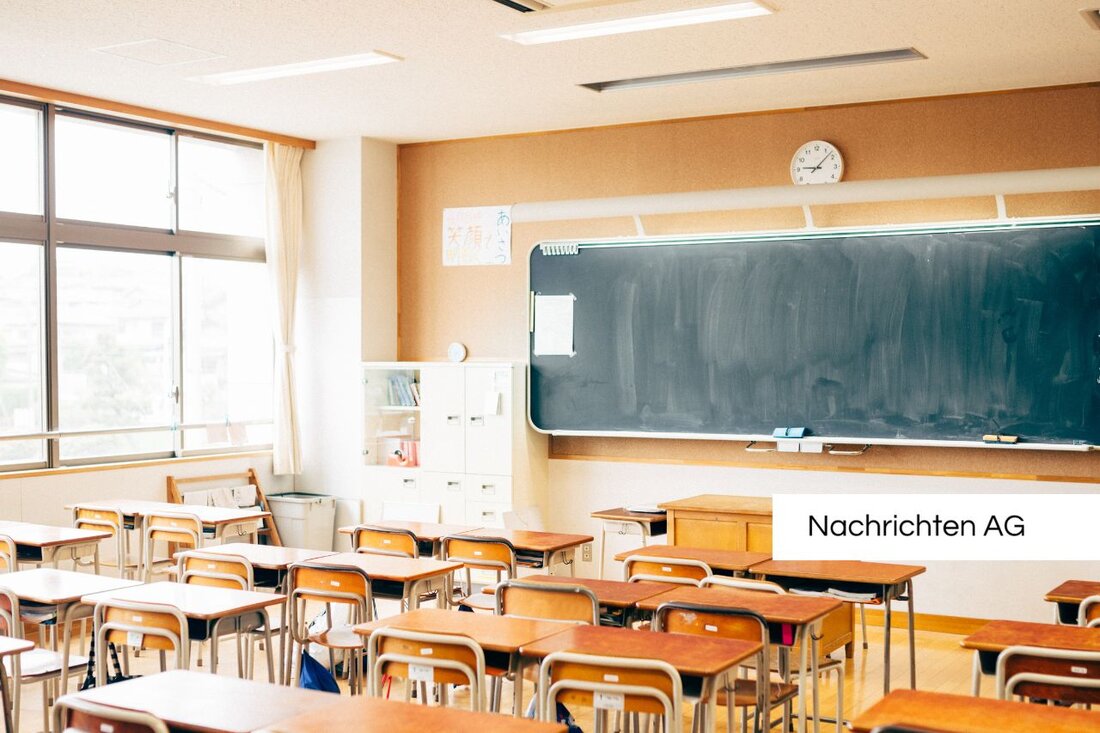Revolution in teacher training: Multilingualism as the key to success!
From October 2025, the University of Duisburg-Essen will start a new project to make teacher training more flexible for multilingual schools.

Revolution in teacher training: Multilingualism as the key to success!
On September 4, 2025, a new joint project entitled “Flexible DaZ professionalization in teaching” (DazFlexPro) will be launched. According to the University of Duisburg-Essen (UDE), which is leading the project, it aims to make teacher training in the multilingual Ruhr metropolis more flexible and to take individual study biographies into account. This is particularly important as the region has a high level of linguistic diversity, with over 100 languages, which creates significant challenges and opportunities for schools. The funding amounts to around four million euros, donated by the Innovation in University Teaching Foundation.
The project will run for four years starting in October 2025 and has several goals. These include taking students' part-time jobs into account and developing new target groups in order to counteract the shortage of teachers in connection with falling student numbers. Particular attention is paid to the requirements for language education that exist in such a multilingual region.
Implementation and measures
The UDE will implement various measures in collaboration with the universities of Bochum and Dortmund. These include a more flexible design of the course, the introduction of research-based content for language education and the division of the German as a Second Language (DaZ) module for flexible enrollment. There are also plans to specialize in newly immigrated students and to develop accompanied practical phases with a focus on German as a foreign language.
In addition, there will be adjustments to the theory-practice connection in the area of German as a foreign language. Flexible formats and (partially) digitalized teaching and learning offerings should be provided. These new approaches should be seen in the context of the nationwide discussion on teacher training for a school of diversity, which is linked to the goal of better preparing teacher training students for the language requirements in heterogeneous classes.
Background to language support
The concepts of language support and multilingualism necessary for teacher training have come into greater focus, and not just in recent years. Since the 1950s, children with a migrant background in Germany have received lessons in their native languages, but usually without any connection to regular lessons. According to the results of the PISA studies, some federal states have developed new approaches to support the linguistic development of children whose native language is not German. The concept of “continuous language education”, which was brought to life by the FörMig research program, is of central importance here.
In addition, international examples, such as those from the USA, show how Spanish can be successfully integrated into lessons. The “Languages – Education – Opportunities” project is active in Germany, which develops materials to improve teacher training and supports teacher training students in the development of educational language skills.
In summary, the DazFlexPro project is not only a response to the challenges of multilingual teaching, but also represents a significant shift towards a more flexible and differentiated approach to teacher training in Germany. Financial support and the desired collaboration between different universities will play a central role.

 Suche
Suche
 Mein Konto
Mein Konto